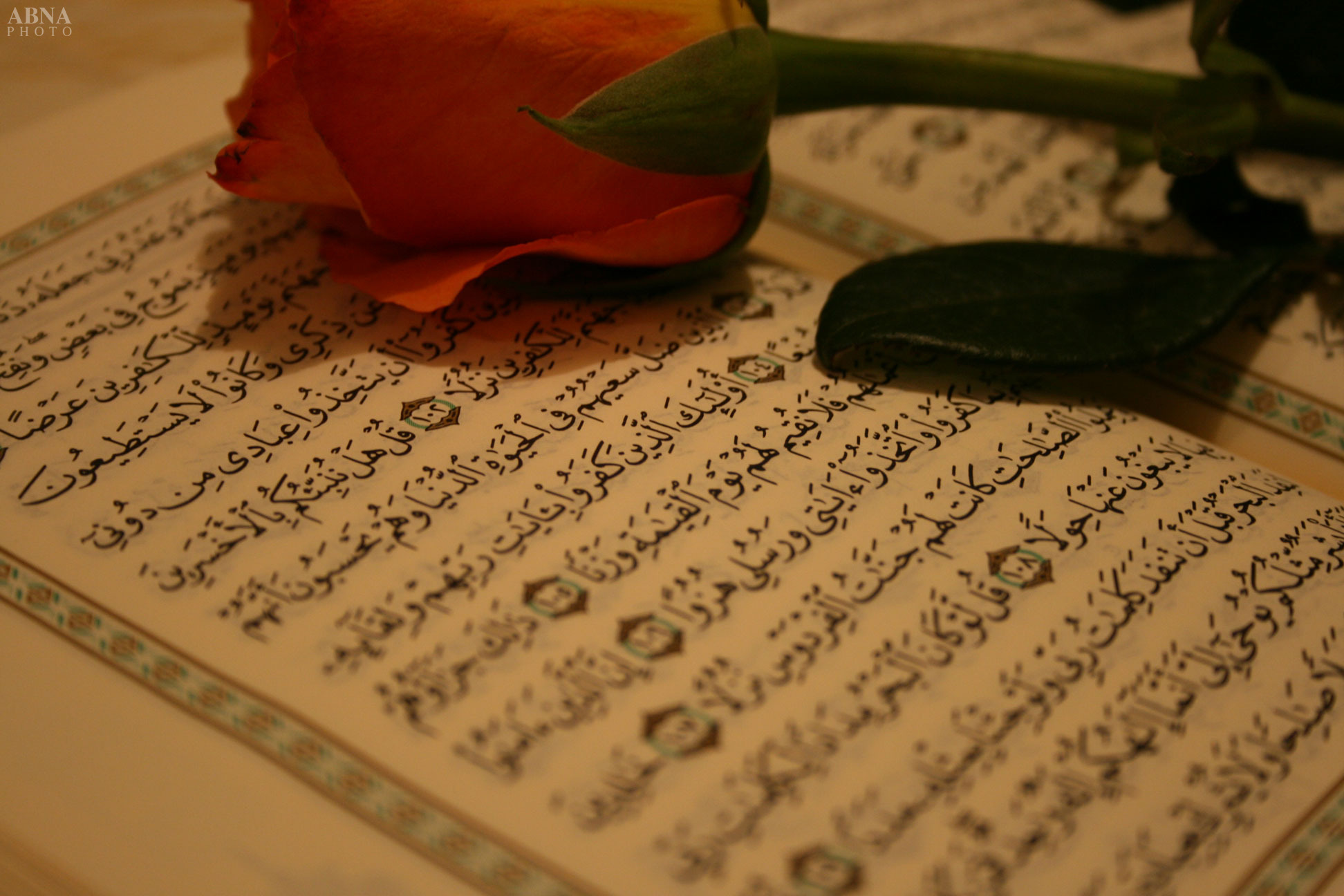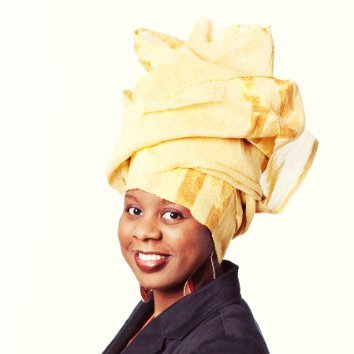Far too many of the hateful and misogynistic references in religious texts center around sex and its guilty attraction. Unsurprisingly, these appear to be reflective of a male-centric world view.
When discussing the role of women in matters of religion and religious texts, I have often wondered about the hateful and misogynistic nature of references attributable to a woman’s nature and character. Far too many of those center around sex and its guilty attraction; unsurprisingly, these appear to be reflective of the male-centric world view of the religious texts. Surely one cannot dispute the male (Moses and Abraham) themed nature of Old Testament, Talmud and the Torah, John the Apostle’s compilation of the Bible, or the revealing of the Quran by the Archangel Gabriel to Prophet Mohammad.
The palpable and latent revulsion, imbued with covert and venal fear when describing the ladies is akin to the metaphorical thin line between love and hate; here I prefer to describe it as a thin line between adoration and abomination or loving and loathing, fear of female sexuality or its guilty attraction.
Why such intense adjectives to describe and define the fair gender?
This curiosity leads me to confront some impolite and uncomfortable speculations about my own gender. But first, let us examine some of these – as you will see, no one religion is immune from misogyny.
– Allah curses the women who wear false hair…(Sahih Muslim, 24.5295)
– Allah curses those women who practice tattooing and those women who get themselves tattooed or those women who manipulate their teeth to look beautiful…(Sahih Bukhari, 7.72.815)
– Allah gets displeased with the woman who does not immediately respond when her husband demands sex from her…(Sahih Muslim, 8.3367, 3368)
– Gold necklaces and gold rings on a woman’s body are like fire put on her on the resurrection day…(Sunaan Abu Dawud, 34.4226)
– A woman should veil herself even from a blind man [note 3532, vol. iii, p.1147]… (3.32.4100)
– Those women who are naked even in their dresses and lead their husbands to astray will go to hell…(Sahih Muslim, 24.5310)
Now, why would Allah curse a woman for trying to be attractive? Surely this is some sexually repressed male who has some real issues with woman projecting his frustrations onto my beloved Prophet.
I claim no expertise in knowing the context of these Hadith — assuming one exists; indeed its origins may be of dubious pedigree, nonetheless it is hard to imagine any exoneration or mitigation, especially in light of his last sermon which is often described as the Islamic Bill of Rights:
“O People, it is true that you have certain rights with regard to your women, but they also have rights over you…., Do treat your women well and be kind to them for they are your partners and committed helpers”, Imam Hanbal, Masnud, Hadith no. 19774, (~632 AD).
Now, moving along to Judeo-Christian texts:
– Women were considered chattel. (Genesis 3:16, Exodus 21:7-11)
– Women were to learn quietly and submissively from men, and were never to teach men or have authority over them. (1 Timothy 2:11,12.)
– A wife found guilty of adultery was to be killed along with her lover. A man could indulge in adultery, so long as it was not with other men’s wives (Deuteronomy 22:22.)
– If a man and his female servant had sex, and the woman was engaged to another man, he merely had to pay a fine, she was to be whipped. (Leviticus 19:20-22.)
– The Bible approves of Abraham and Isaac for knowingly giving their wives to other men for sexual use. (Genesis 12:11-16; Genesis 26:7-10.)
– Bible praised Lot and Ephremite for offering their daughters to be raped (Genesis 19:1-8; Judges 19:22-24.)
– As for female servants, male masters could legally rape them. (Exodus 21:7-11; Leviticus 19:20-22; Deuteronomy 21:10-14.)
The Judaic texts, being the earliest in this time line, offer particularly odious examples of misogyny. Bialik & Ravnicki (1948) gathered a large number of short legends and sayings from Jewish religious writings (both from the Talmud and the Midrashim, the latter being compilations of post-Talmudic exegeses)[1]:
– “Even the most righteous of women has witchcraft’ (p. 489, # 118).
– “Women cannot be instructed and their words cannot be trusted” (p. 489, # 121).
– “Anything a man wants to do with his wife, he shall do. It is like meat that has come from the slaughterhouse; wants to eat it salted, he eats it. Roasted–he eats it. Boiled–he eats it.” (p. 491, # 165).
– “A woman is a bag full of excrement and her mouth is full of blood–and everyone runs after her” (p. 492, #181).
Even Buddhism, with its benign modern perceptions seem to have its own issues, consider an excerpt [2]:
“In a lengthy allegory in which monks are warriors and shapely women are the enemy, the Buddha compares such pleasure to a chain of bones, a lump of flesh, a grass torch, a pit of glowing embers, a slaughterhouse, spears, swords and a poisonous snake.” (Anguttara Nikaya 5:76 in Nyanatiloka/Nyanaponika, 1984)[3]
Traditional cultural practices such as enforced modesty and chastity have tended to place restrictions on women only, without imposing similar restrictions on men. Most societies, up until at least the post-modern times, have been patriarchal and male-centric. Culture follows money – those who have it, have power, and thus shape cultural mores; this axiom is true today as it ever was throughout history. As a male (who is very glad to be one), I am not a feminist in the sense it is often understood, or misunderstood. Surely there is a case to be made for the utterly self-serving nature of male-dominated cultures in history where female sexuality has been seen as subordinate to male sexuality, controlled by restrictions on female behavior only and to be enjoyed by males only.
I cannot help but speculate on reasons why there is such nastiness towards women. Arguably in literature and history, successful and resourceful women in a male-centric society have selectively employed their “resources” to further their own interests as well of their off-spring’s, and why shouldn’t they? Don’t males do that rather violently at times?
Confronted with an attractive female, compounded by our lust and resulting rejection, is this fear, guilt and anger at what we cannot have possibly manifesting itself in our holy books?
Could it be that we are afraid of our own taboo lust and amorous desires?
This male anger at the female, resulting out of rejection that at times renders us so utterly powerless, this real or perceived “weakness” by writers of these texts, surely has found ways to project itself in the vilest ways to describe the cunning, scheming and manipulative female.
[1] http://secweb.infidels.org/?kiosk=articles&id=203
[2] Secularnet article
[3] Gross (1993)
(An unedited version of this post originally appeared at Chowk)





The more disturbing question is: Was Islam meant to be this way? If Islam went along with that society’s male-centeredness, what does that say about its divine origins? Not easy questions; But, I think about these things sometimes and wonder why Islam was not strong enough to overcome these cultural tendencies. Why didn’t the Prophet simply overturn these ideas or why not ahve them explicitly condemnded in the Quran?
I think one of the really interesting questions this writer poses is:
“Arguably in literature and history, successful and resourceful women in a male-centric society have selectively employed their ???resources??? to further their own interests as well of their off-spring???s, and why shouldn???t they? Don???t males do that rather violently at times?”
My initial response is, although males sometimes use violence to further their interests, this use of violence is also forbidden by the mentioned religions. So it’s a false comparison; it’s not like female use of their ‘resources’ is forbidden, but male use of force isn’t.
That said, what to say of the ‘beating verse’? (http://www.altmuslimah.com/a/b/a/2971/)
Which links up with your question, OmarG – why do these verses even exist?
The best answer I can come up with: Maybe our discussion and human moral evolution vis-a-vis gender justice was intended by God; maybe that was the whole point…? To give us gray verses that are open to interpretation and manipulation, and see how we deal with that? Did Islam really ‘go along…with society’s male-centeredness’ or did it just refrain from black-and-white statements on the issue, leaving us to figure out what’s right and moral in this arena?